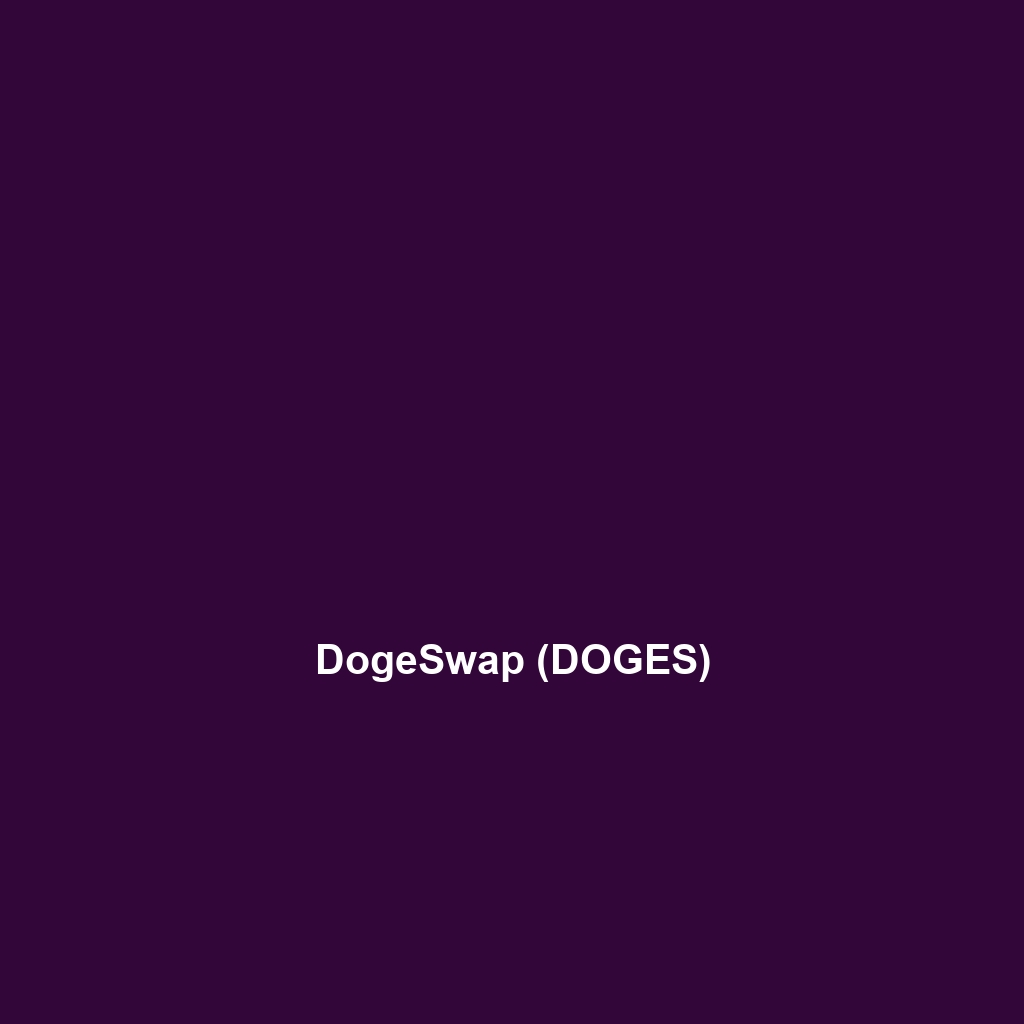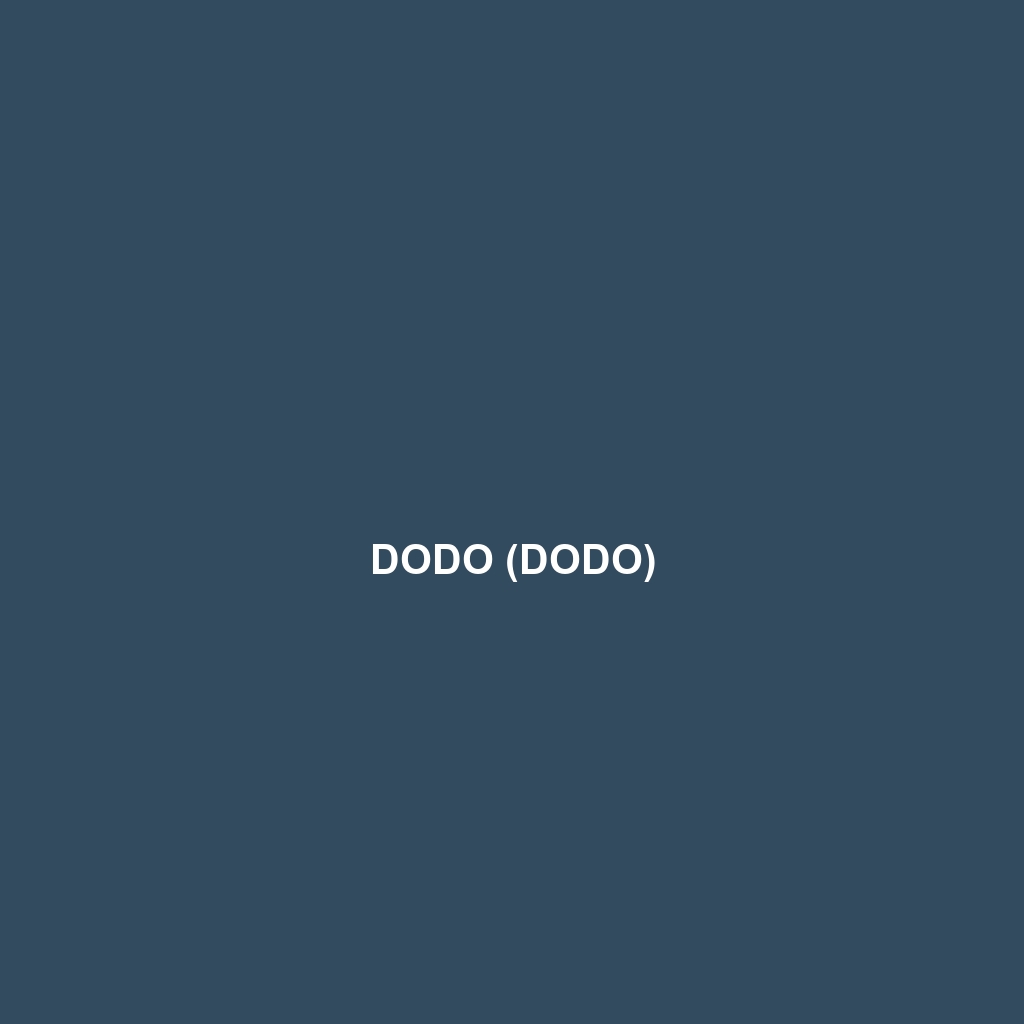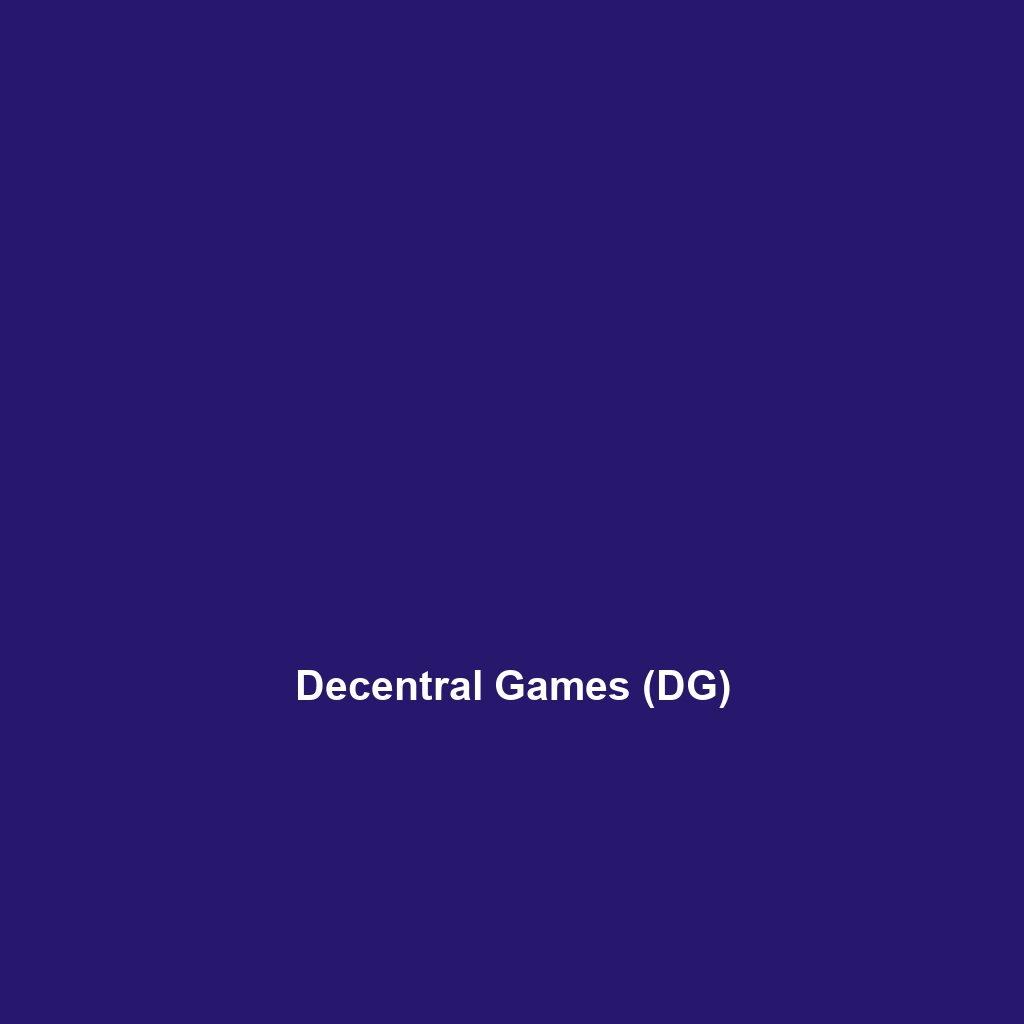Your cart is currently empty!
Tag: community governance

Dogecoin (DOGE)
Dogecoin (DOGE): The Cryptocurrency That Originated as a Meme
1. Name and Ticker Symbol
Dogecoin is a cryptocurrency that is famously recognized by its ticker symbol, DOGE. Initially intended as a joke, it has evolved into a popular and genuine digital asset within the cryptocurrency market.
2. Founders, Launch Date, and History
Dogecoin was created by software engineers Billy Markus and Jackson Palmer in December 2013. Inspired by the popular “Doge” meme, the cryptocurrency aimed to provide a fun and friendly alternative to Bitcoin. Despite its lighthearted inception, Dogecoin experienced significant milestones, including becoming a reliable medium for online tipping and charity fundraising. In 2021, Dogecoin gained immense popularity during the cryptocurrency market boom and attracted extensive media attention due to endorsements from high-profile individuals, including Elon Musk.
3. Blockchain Platform
Dogecoin operates on its own blockchain, utilizing a layer 1 solution. Built on the Litecoin codebase, it employs a modified Scrypt algorithm, which facilitates faster transaction times and simpler mining processes compared to Bitcoin.
4. Purpose and Use Case
The primary purpose behind Dogecoin€„¢s creation was to create a fun and accessible cryptocurrency that could be utilized for everyday transactions, micro-tipping, and charities. It serves as a payment system in various online communities and e-commerce platforms, helping users engage in peer-to-peer payments seamlessly.
5. Technology and Consensus Mechanism
Dogecoin operates using a Proof of Work (PoW) consensus mechanism, ensuring that the network remains secure and that transactions are validated by miners through computational processes. This technology enables Dogecoin to support its users with instant transaction confirmations, enhancing its usability.
6. Supply and Tokenomics
Dogecoin has an unlimited supply, with more than 132 billion DOGE currently in circulation as of late 2023. The cryptocurrency has a fixed inflation rate of about 5 billion DOGE created every year, ensuring a steady influx of new coins. Unlike many other cryptocurrencies, Dogecoin does not incorporate burning mechanisms or staking rewards.
7. Use Cases and Adoption
Over the years, Dogecoin has found multiple real-world applications, including donations to charitable organizations and fundraisers, sponsorship of sports teams, and even online tipping. Notable partnerships include sponsorships in NASCAR and various charity initiatives, reinforcing its role in fostering community engagement.
8. Market Performance and Metrics
Despite its humble beginnings, Dogecoin€„¢s market performance has been extraordinary. Currently, it boasts a market cap exceeding $10 billion and has gained attention for its notable price surges throughout 2021. Enthusiasts often cite its volatility as both a risk and an opportunity for trading, with significant trading volumes observed on various exchanges.
9. Where to Buy and Trade
Dogecoin can be purchased on numerous centralized exchanges (CEXs) such as Binance, Coinbase, and decentralized exchanges (DEXs) like Uniswap. Each platform offers user-friendly ways for crypto trading, allowing both experienced and new traders to access DOGE easily.
10. Security and Risks
While Dogecoin has generally maintained a stable network without significant hacks, it is still susceptible to common cryptocurrency vulnerabilities, such as phishing attacks. Legal challenges sometimes arise due to its comedic origins and speculative use in financial markets. Staying updated on security measures and industry regulations is crucial for all digital asset holders.
11. Community and Governance
Dogecoin is governed primarily by its community, which plays a vital role in development and decision-making. Community members continuously engage through social media platforms and forums, fostering a collaborative environment that drives improvements and educational initiatives.
12. Competitors and Differentiation
Against competitors like Litecoin (LTC) and Ripple (XRP), Dogecoin sets itself apart with its vibrant community and approachability. While many cryptocurrencies focus on serious financial solutions, Dogecoin maintains a jovial image while still allowing users to transact smoothly.
13. Roadmap and Future Developments
The future of Dogecoin remains bright, with ongoing discussions surrounding potential upgrades to enhance its transaction speed and scalability. Collaborations with developers and community proposals are continually shaping its roadmap toward achieving better user experience and functionalities.
14. Wallet Compatibility
Dogecoin is compatible with several wallets, including Ledger for hardware security, and prominent software wallets like MetaMask. Users can also store DOGE in exchanges or specific wallet applications designed to support this refreshing cryptocurrency.
15. Regulatory and Compliance Status
Being a lighthearted cryptocurrency, Dogecoin has generally navigated the regulatory landscape successfully. However, like all cryptocurrencies, it is crucial for users to be aware of regulatory developments in their jurisdictions to avoid potential legal repercussions.
16. Recent News and Updates
Recently, Dogecoin experienced a surge in attention due to social media trends and integration into several payment platforms. New partnerships have emerged, enabling users to transact DOGE for various services. During 2023, the community is also focusing on educational campaigns to further increase crypto awareness and usage.
17. Summary and Call to Action
In summary, Dogecoin stands out in the cryptocurrency landscape as a unique blend of fun and function, engaging a diverse audience while facilitating genuine use cases. Its vibrant community, resilient market performance, and continuous development make it a noteworthy cryptocurrency to follow.
For additional insights, visit UpCube.net. Also, learn more about Dogecoin by visiting its official website.
Dock (DOCK)
Dive into Dock (DOCK): A Comprehensive Overview
Name and Ticker Symbol: Dock is identified by its ticker symbol DOCK. As a prominent player in the thriving world of cryptocurrency, Dock aims to make a significant mark in blockchain technology and innovative tokenomics.
Founders, Launch Date, and History
Dock was founded by a dedicated team of blockchain enthusiasts and technology experts aiming to create a solution for data interoperability. The project officially launched in 2019, gathering momentum through strategic partnerships and community engagement. Key milestones include collaborations with various organizations to promote the adoption of its technology and a focus on enhancing DeFi capabilities through innovative use cases.
Blockchain Platform
Dock operates on the Ethereum blockchain, which is recognized for its robust smart contract capabilities. As a layer 1 solution, Dock benefits from Ethereum€„¢s security and scalability features while contributing to the wider DeFi ecosystem.
Purpose and Use Case
The primary purpose of Dock is to facilitate the creation and sharing of verifiable credentials on the blockchain. Use cases include identity verification, credential management, and enhancing trust in digital interactions€Âmaking it ideal for sectors like education, healthcare, and finance. Its ability to provide verifiable identity solutions positions Dock as a transformative force in the digital identity space.
Technology and Consensus Mechanism
Dock utilizes the Ethereum blockchain’s Proof of Work (PoW) consensus mechanism, providing a level of decentralization and security. The technology underpinning Dock involves smart contracts, allowing users to manage their credentials seamlessly and securely over the blockchain.
Supply and Tokenomics
Dock has a maximum supply of 1 billion DOCK tokens. As of now, the circulating supply is approximately 500 million DOCK tokens. To encourage holding and using the tokens, Dock offers staking rewards, with users able to earn interest on their holdings. The platform also integrates burn mechanisms to manage the supply effectively, thus supporting the token’s value over time.
Use Cases and Adoption
Real-world applications of Dock include educational institutions verifying certificates and organizations streamlining KYC processes. The growing adoption of Dock is supported by partnerships with various educational and governmental entities, further solidifying its use case in identity verification and credentialing.
Market Performance and Metrics
Dock’s market cap has seen significant growth since its inception, with historical price trends indicating a steady increase in value over time. The trading volume consistently reflects strong activity, although it can experience volatility typical of the cryptocurrency market. Investors often analyze its price movements in conjunction with broader market trends.
Where to Buy and Trade
Dock can be found on multiple cryptocurrency exchanges, including [insert exchange names]. It is also available on decentralized exchanges (DEXs) such as Uniswap, providing users with various options for trading DOCK tokens.
Security and Risks
While Dock prides itself on robust security measures, like any cryptocurrency, it is not immune to vulnerabilities. Past events in the cryptocurrency domain highlight risks of hacks and regulatory scrutiny, making it essential for users to remain informed about best practices in crypto security.
Community and Governance
Dock emphasizes community engagement and transparency. Its governance model allows stakeholders to have a say in significant decisions, promoting an inclusive environment that values each member€„¢s opinions.
Competitors and Differentiation
In the ever-evolving cryptocurrency landscape, Dock faces competition from projects like Civic and SelfKey. However, Dock distinguishes itself through its advanced focus on verifiable credentials and a strong technological foundation built on Ethereum€„¢s capabilities.
Roadmap and Future Developments
The Dock team has laid out a promising roadmap, with upcoming developments that include enhancing its staking mechanism and expanding partnerships. Future upgrades aim to elevate the user experience and broaden the token€„¢s use cases, especially in sectors requiring secure identity verification.
Wallet Compatibility
Dock is compatible with various wallets, including MetaMask, Ledger, and Trezor. These wallets support seamless storage and management of DOCK tokens, allowing users to engage effortlessly in crypto trading.
Regulatory and Compliance Status
The regulatory landscape for cryptocurrency is evolving. Dock proactively engages with compliance frameworks to address legal challenges, contributing to its credibility within the blockchain space.
Recent News and Updates
Recent updates concerning Dock include strategic partnerships aimed at expanding its adoption and continuous development updates that enhance its platform capabilities. The team also actively shares insights with the community through social media and newsletters to keep investors informed of significant changes.
Summary and Call to Action
Dock (DOCK) stands at the intersection of innovative blockchain technology and practical use cases that address pressing interoperability needs. With a strong foundation, committed team, and promising future, Dock is a cryptocurrency worth following as it evolves within the blockchain landscape. Whether you are a seasoned investor or new to crypto trading, staying informed about Dock can offer valuable insights into emerging trends.
For additional insights, visit UpCube.net. For more information, explore Dock€„¢s UpCube.net. For more information, check out the UpCube.net. You can also explore more by visiting the cryptocurrency€„¢s UpCube.net. You can also learn more about DeversiFi by visiting its UpCube.net. Also, check out Decentraland€„¢s official website for more information.

Decentral Games (DG)
Decentral Games (DG): Revolutionizing Online Gaming with Blockchain Technology
Decentral Games, commonly referred to by its ticker symbol DG, is a pioneering cryptocurrency designed for the gaming industry. Launched in 2020 by Andrew Lee and Jalal Arefi, Decentral Games aims to create a fully decentralized gaming ecosystem that empowers players through blockchain technology.
Founders, Launch Date, and History
Founded by visionaries Andrew Lee and Jalal Arefi, Decentral Games debuted to the public in 2020. Since its inception, the project has celebrated significant milestones, such as the launch of its flagship product, a virtual casino environment that operates on the Ethereum blockchain. The project’s history reflects the growing intersection of gaming and blockchain technology, paving the way for decentralized applications to thrive.
Blockchain Platform
Decentral Games operates on the Ethereum blockchain, a widely known and versatile platform preferred for deploying decentralized applications. As a layer 2 solution utilizing Ethereum technology, Decentral Games enhances transaction speed and reduces gas fees, offering a seamless gaming experience for users.
Purpose and Use Case
The primary purpose of Decentral Games (DG) is to create a sustainable and engaging gaming environment. Designed for online casino games like poker and blackjack, DG enables players to bet, win, and engage in various gaming experiences while earning rewards in a decentralized manner. This cryptocurrency serves as a utility token within the gaming ecosystem, allowing users to stake DG tokens, participate in governance, and access exclusive features.
Technology and Consensus Mechanism
Decentral Games utilizes smart contracts on the Ethereum blockchain to ensure transparency and fairness in all gaming experiences. The consensus mechanism employed by Ethereum is Proof of Stake (PoS), which offers energy efficiency compared to traditional proof of work models. This transition from PoW to PoS not only aids environmental sustainability but also enhances security and scalability.
Supply and Tokenomics
The total supply of DG tokens is capped at 1 billion, with the circulating supply currently around 200 million. The project implements a staking rewards system that incentivizes token holders, along with periodic burn mechanisms designed to improve scarcity and, consequently, value over time. Such measures create a robust tokenomics model that supports long-term sustainability.
Use Cases and Adoption
Decentral Games has partnered with various platforms and gaming studios to bring their operational ecosystem to life. The use cases include virtual casinos, play-to-earn gaming experiences, and decentralized finance (DeFi) integrations that enable users to leverage their digital assets across multiple sectors.
Market Performance and Metrics
As of now, Decentral Games (DG) boasts a market capitalization of approximately $100 million, with historical price trends reflecting its resilience in the face of the volatile crypto market. The trading volume has consistently shown upward momentum, indicating strong investor interest and community participation.
Where to Buy and Trade
DG tokens can be acquired through various cryptocurrency exchanges, including both centralized exchanges (CEXs) like Binance and decentralized exchanges (DEXs) such as Uniswap and Sushiswap. This dual availability allows for broader accessibility for potential investors and gamers alike.
Security and Risks
While Decentral Games implements significant security protocols, vulnerabilities remain a standard concern in the crypto space. The project has not been subjected to major hacks, yet legal and regulatory risks persist as cryptocurrency regulations continue to evolve around the globe. Investors should remain aware of these factors while engaging with DG tokens.
Community and Governance
Governance within Decentral Games is decentralized, allowing token holders to participate in decision-making processes through proposals and voting mechanisms. The community plays a pivotal role in guiding the development and evolution of the platform, fostering an inclusive environment where users€„¢ voices help shape the future.
Competitors and Differentiation
In a crowded field of gaming-related cryptocurrencies, Decentral Games distinguishes itself with its unique focus on the gambling and casino niche. Projects such as FunFair and Enjin are competitors; however, DG’s commitment to utility and user engagement through staked rewards and governance sets it apart.
Roadmap and Future Developments
Decentral Games has an ambitious roadmap that includes plans for expanding game offerings, enhancing user experience, and forging new partnerships within the blockchain and gaming industries. Upcoming upgrades promise to streamline transactions further and improve the overall sustainability of the platform.
Wallet Compatibility
DG tokens are compatible with several wallets, including popular options like MetaMask, Ledger, and Trust Wallet. These wallets provide users with secure storage options and facilitate seamless transactions when interacting with decentralized applications.
Regulatory and Compliance Status
As the cryptocurrency landscape evolves, Decentral Games is cautious about adhering to local regulations and compliance measures. Legal challenges could arise, particularly as varying jurisdictions implement new rules for cryptocurrency usage and gaming operations.
Recent News and Updates
In recent months, Decentral Games has announced partnerships with industry leaders and gaming platforms, further integrating its ecosystem and enhancing its user base. These endeavors highlight their ongoing commitment to improving and expanding their gaming offerings.
Summary and Call to Action
Decentral Games (DG) stands at the intersection of gaming and blockchain technology, offering a unique platform for users to engage with decentralized gaming experiences. With its solid tokenomics, committed community, and innovative approach, Decentral Games is a cryptocurrency worth following for anyone interested in the future of gaming and DeFi. Stay informed about their developments and consider joining the DG community today!
For additional insights, visit UpCube.net. Also, check out the cryptocurrency€„¢s
Next Page
